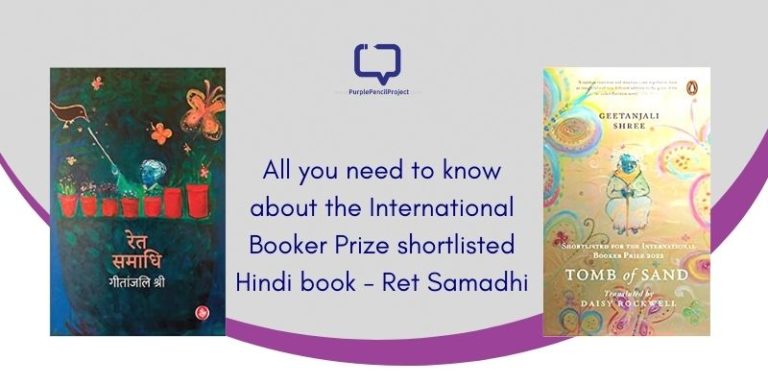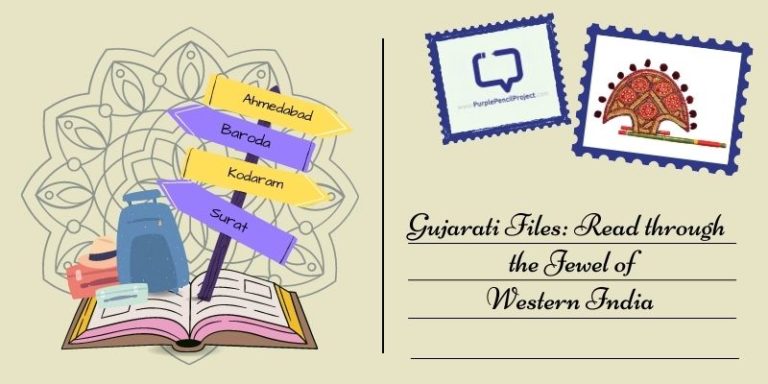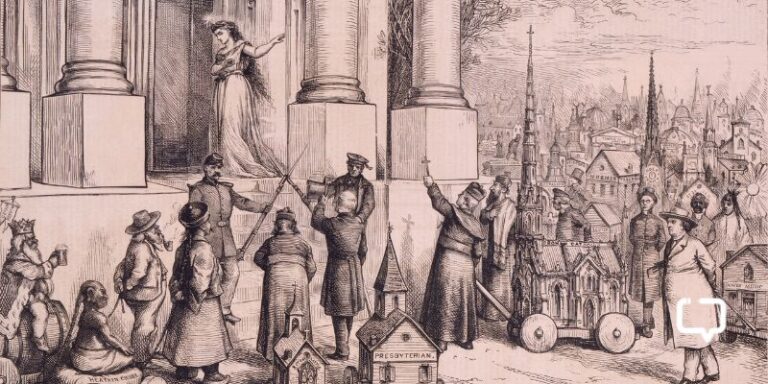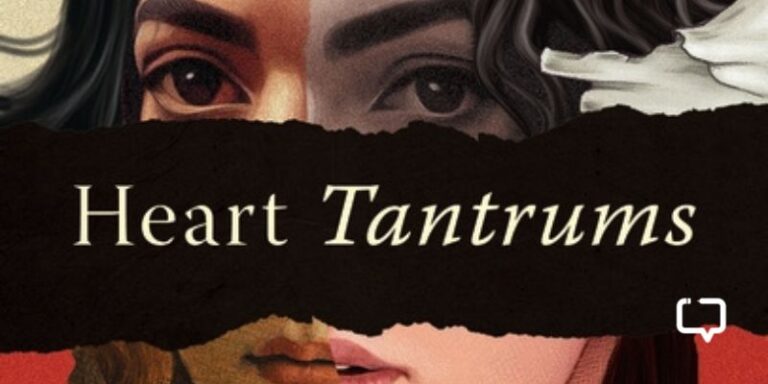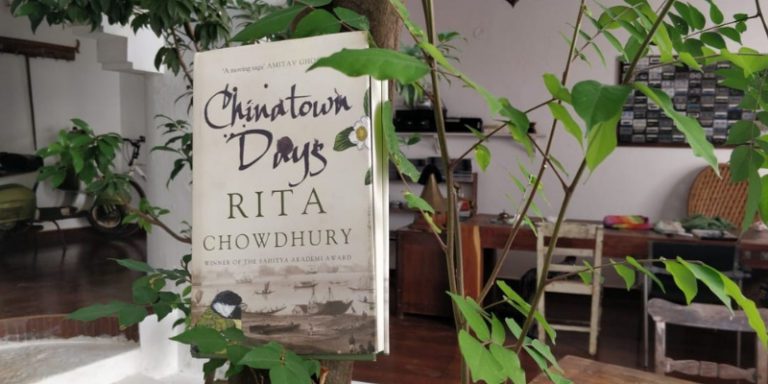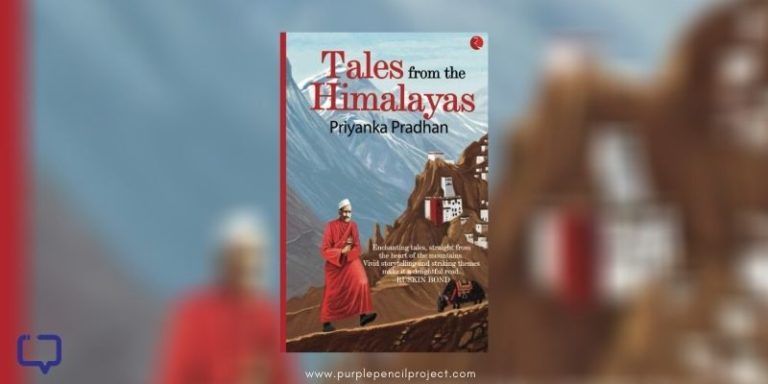It is the undisputed truth that words can change the tides of destiny, they can fan the raging fires of rebellion or restore peace to lands strife with war. The persuasive power of a stellar piece of literature extends to poetry as well. The contemporary issues of the modern world also require poets who are equipped to glean the truth behind them. We bring you a curated list of the Indian poets who are taking on these issues head-on.
This is poetry, and poets, for our times.
Meena Kandasamy
One of the younger lot, Kandasamy’s poetry covers a myriad of issues including third world feminism and caste-based oppression prevalent in India. She has four published poetry collections, Touch (2006), Miss Militancy (2010),#ThisPoemWillProvokeYou & Other Poems (2015) and We Are Not The Citizens (2018). She’s also a novelist, social activist, and translator.
Her anti-caste movement poetry makes up some of her popular work. Six Hours of Chastity (Miss Militancy) undoes the piety attributed to the Brahmin caste (men) by exposing them as human and flawed, men with the same baser instincts as the rest of us.
In Mascara (Touch) she expresses her discontentment at the role thrust at women by Indian society, one of servitude. She places the ember of rebellion in the hands of a call-girl who traces her lineage to the devadasis of yesteryear but unlike them does not wish to spend her life washing away the sins of men, the concluding lines of the poem go –
“She believes—
Cosmetics were
once. . .
War paints.
She awaits their resurrection.
When she dons the mascara
The Heavens have heard her whisper,
Kali, you wear this too.”
Kandasamy is an influential spokesperson for the cause of the Dalits and other underdogs of Indian society.
Akhil Katyal
A poet and queer activist, Katyal holds a certain appeal for the millennial reader. His poetry centers around themes of LGBTQ and politics. His new poetry collection How Many Countries Does The Indus Cross (2019) merges politics, history, and memory. He doesn’t mince words in his writings about Kashmir. But it is his poems on queer politics that have brought him acclaim.
Katyal is not afraid to eviscerate the secrecy that shrouds the queer community of India. He provides a fresh perspective on queer relationships, concerns, and taboos that plague them. His poem “But who will take care of you” is simple but that does not lessen the impact it has. It encourages introspection about the convenience of love and the responsibilities attributed to it that only serve to complicate it. He says,
But who will take care of you
in your old age?”
is the only question my parents ask that actually stumps me.
It’s the only one I have stopped finding reasonable-sounding answers to.
I lay down my arms with “I do not know.”
His poem, “I want to 377 you so bad” is a sensuous take on the forbidden nature of queer relationships. His is not outspoken in his protests, his words are soft and create a stronger impact.
Sukirtharani
A predominantly vernacular poet who writes in Tamil, Sukirtharani is a dominant figure in Dalit literature. Sukirtharani has six collections of poetry to her credit: Kaipattri Yen Kanavu Kel, Iravu Mirugam, Kaamatthipoo, Theendapadaatha Muttham, Avalai Mozhipeyarthal, and Ippadikku Yeval, many of which have been translated into Hindi, English, Kannada, Malayalam, and German.
Her poetry elucidates the plight of the Dalit woman who must become victim to the shackles of not just the patriarchal society but also her own caste. She explores themes of social liberation through the medium of sexual liberation, the women in her poems exercise control over their own sexuality to protest the brutality they are subjected to.
Her poem “Night Beast” tackles the taboo associated with masturbation through a young girl, recently sexually awakened who takes a quiet moment in the night to find herself. In “Portrait of My Village“, she carries the heavy burden of her caste, the ostracization, and poverty that accompanies it. There is palpable anguish in the lines,
“Our bare feet are drenched
by the pain of caste that drips from our lips
as we drink tea from palm-leaf cups,
standing at an untouchable distance,
while the portrait of our village
frames itself at a place of double existence,
always vigilant.”
But her work is also hopeful, she notices the changes that have taken place, the recognition that is gradually being shown to Dalit literature and culture. It has encouraged her to be bolder, more forthcoming with the collective experiences of her people.
Tishani Doshi
Exploration of one’s cultural identity is a prominent aspect of contemporary life and Tishani’s poetry addresses it effectively. Born to Welsh and Gujarati parents in Chennai, she understands identity conflict better than most people.
She beautifully captures the longing, alienation, and loneliness that is part and parcel in the life of an immigrant. She also incorporates her own experiences with finding and transforming your identity across borders and introspection. Her poetry collection includes Countries of the Body (2006) which won the Forward Prize for Best First Collection, Everything Begins Elsewhere (2013), Dolce Marcescenza (Sweet Decay) (2015), and Girls Are Coming Out of the Woods (2018).
In The Immigrant’s Song from her Everything Begins Elsewhere collection, she addresses the truth of the immigrant life complete with feelings of bereavement and hope for a better future.
“Let us not name our old friends
who are unravelling like fairy tales
in the forests of the dead.
Naming them will not bring them back.
Let us stay here, and wait for the future
to arrive, for grandchildren to speak
in forked tongues about the country
we once came from.”
About hope for all poetry including her own, she tells PORT, “It’s just a question of finding a way to make it relevant, and that’s what poets should try to do.”
Aparna Sanyal
Aparna Upadhyaya Sanyal is a Pune based poet whose debut book Circus Folk and Village Freaks, is trying to convey the normalcy of being a freak through her poems and stories. Her book is written in rhyming couplets, a sharp outlook into the lives and experiences of people who are unique in their own ways.
She chronicles their experiences with being outcasts and the unwanted aspects of society. Her poems have been published in various journals and magazines and deals with themes of sexuality, caste, hierarchical system, differently abled people, mental health, racism, classism, and feminism.
In her poem, “The Back Room” she addresses the rejection that being different leads to. The torrent of emotions experienced by the individual wash over the reader as well, fostering empathy and kindness.
“It was easy to send you away,
we can’t have sickness in the big house,
there is a child here.
The skin between your brows was constant rubble,
you were sculpted from sunlight slivers and tiger stripes.
And everything that showed black from white,
healthy from sick.”
The emotions she harnesses are compelling and entrancing, urging the readers to adapt a fresher, more inclusive perspective towards the differently abled.
Nabanita Kanungo
Kanungo’s poetry is about discovery and rediscovery of home and self. Her poetry explores displacement and belonging in the same breath. Her poetry collection A Map of Ruins (2014)is a love letter to her hometown, Shillong.
Her poetry reflects a sense of nostalgia and longing that most people experience once they migrate from their land of birth. Her move from Shillong to Assam has also created a geographic transition in her style of writing.
In her poem, Scent, she recollects her yesteryears spent in her homeland, the sensory elements aiding the process of remembrance.
“Something of lost afternoons returns
in traces swept by winds,
like gentle knocks on a door,
deeper than the blue of distant hills,
a short spell of craze or death that frees
or traps like remembered rain,
and the narrow path cut
through the outgrowths of time
will tell us who isn’t here to share
the awakened childhood of tangled sweat.”
She expertly weaves in the feeling of being uprooted from her home while still having a piece of her embedded in its soil. The hint of small-town charm only serves to add more authenticity to the images she chronicles in her poetry. In her poem “Lament” she interweaves the changing of the season with the onset of time, the allegory of nature alluding to this movement.
As Matthew Arnold said, when humanity finally realizes the futility of theology, science, and religion, it will turn to poetry and realize its infinite possibilities.










